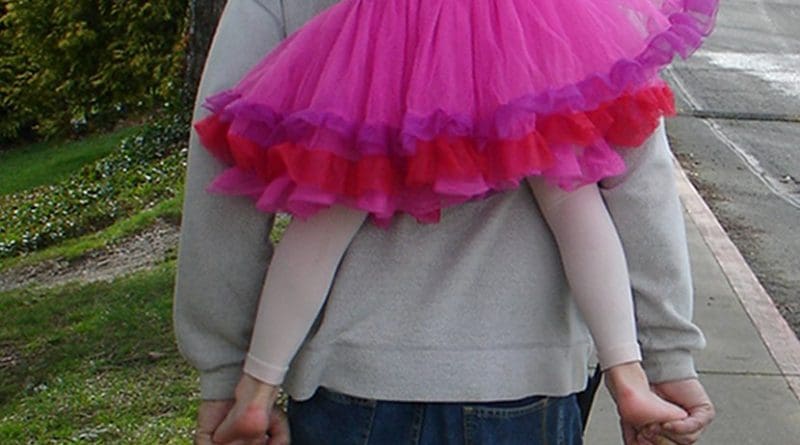Switzerland: Divorced Dads Stuck In Financier Role
By SwissInfo
By Sibilla Bondolfi
A Swiss men’s lobby is complaining that in legal cases, many judges stick too eagerly to the traditional family model – which reduces fathers to mere financiers.
Since January 1, 2017, a law external linkallows the Swiss authorities to check whether shared custody arrangements are being implemented properly after a separation or divorce. Under shared custody, children should live alternately with each parent for longer periods, enabling an equal division of work and family life.
But in practice, a different model often prevails: children mainly live with the mother and the father pays out for maintenance and childcare.
Swiss judges are partly to blame, argues männer.chexternal link, the umbrella organisation for Swiss mens’ and fathers’ organisations, which has studied over 30 cases since the law came into force.
Nicolas Zogg, director of political affairs at männer.ch, says he knows of cases where fathers used to work 50-70% and look after children before splitting from their partners. Afterwards, the fathers only had the right to one day to visit their children and were forced to work full time.
“When there’s a dispute, fathers have little chance of securing fair custody and maintenance arrangements,” said Zogg. He said men turn into financiers and sometimes pay absurdly high amounts of alimony.
The umbrella organisation is using unusual methods to tackle this issue. It has put together a resolution external linkand petition calling for more progressive jurisprudence among judges.
Statisticsexternal link, meanwhile, reveal that Swiss families are generally very traditional. In about half of all families, the father works full time and the mother works part time. In 23% of cases, the mother stays home full time. Only 2.4% of Swiss families depend on a single mother working full time. There are no statistics available on how many fathers stay at home to look after their children.
Swiss maintenance after a divorce
After a divorce, the person who earns the most pays maintenance to the former spouse if the latter cannot support him- or herself.
Since women usually reduce their professional workload or completely give up their jobs to take care of the children and look after the home, husbands usually contribute towards their ex-wives’ living expenses in addition to child alimony payments.
Since 2017, even unmarried couples who separate receive a “childcare allowance” after splitting up (as well as child alimony) – money to reduce their workload in order to devote themselves to looking after a child. The aim of this change in legislation is to ensure fairness towards children born out of wedlock.
end of infobox
Translated from German by Simon Bradley

